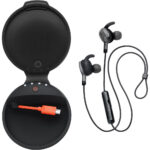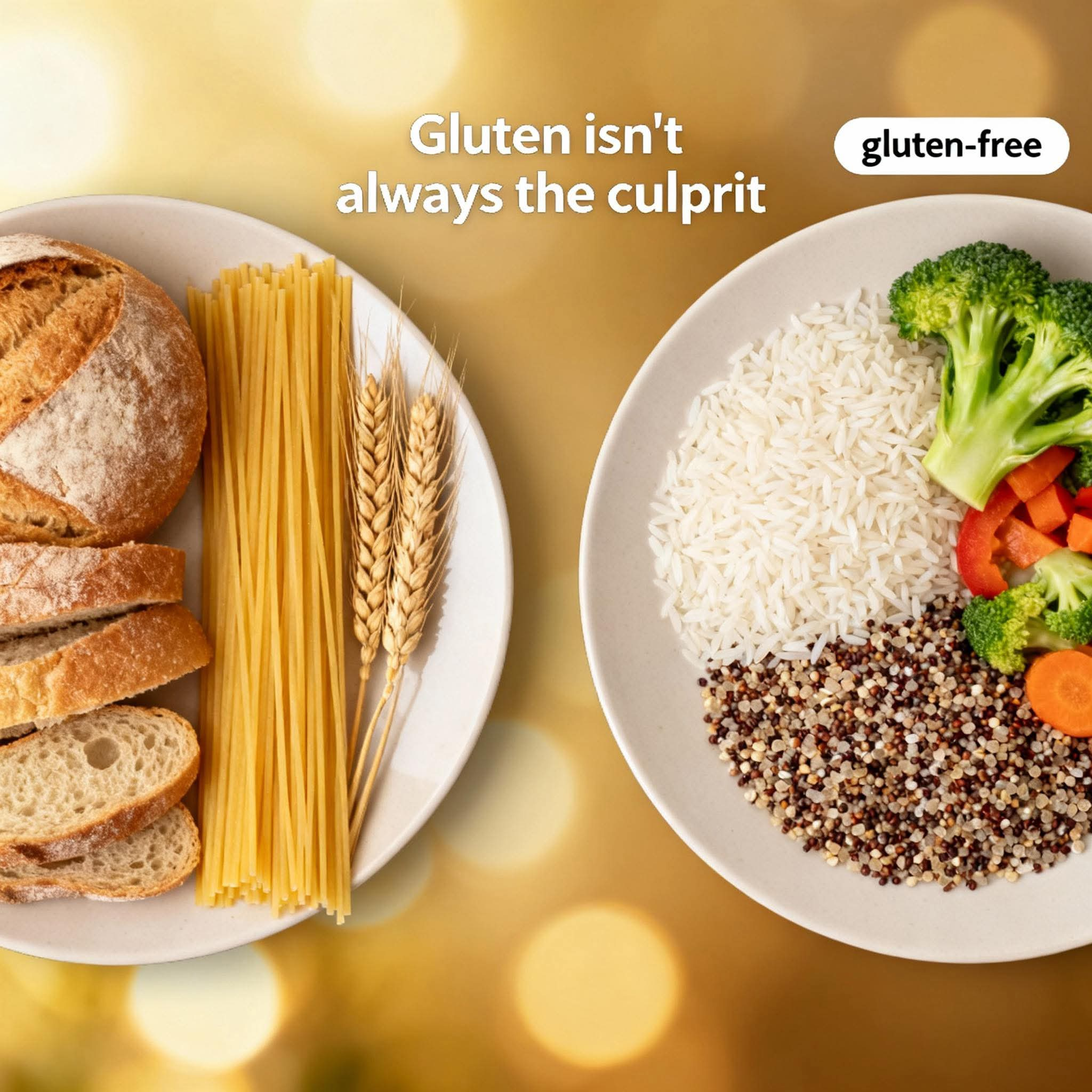Collagen: The Secret Sauce Your Body’s Been Begging For
By Megha Gour, Fittr Coach
What Is Collagen and Why Is It Essential?
The Building Block of Youth
Collagen is the most abundant protein in your body, accounting for about 30% of total protein. It’s found in your skin, cartilage, bones, tendons, ligaments, cornea, blood vessels, and even your gut lining. Think of it as the glue that holds everything together — literally!
Different Types of Collagen
There are 28 known types of collagen, but the most relevant ones include:
- Type I: Found in skin, tendons, bones – gives structure and strength
- Type II: Found in cartilage – crucial for joint health
- Type III: Found in skin, lungs, and blood vessels – supports elasticity
- Type IV: Forms basement membrane in organs – filtration in kidneys
Why Do We Lose Collagen Over Time?
Natural Aging and Collagen Decline
By age 25, your body’s collagen production slows down, and by age 40, you may have lost up to 30%. Women also lose a large amount of collagen post-menopause due to hormonal changes.
Accelerators of Collagen Breakdown
- UV radiation: Breaks down collagen fibers and reduces collagen synthesis
- High sugar intake: Causes glycation, which makes collagen stiff and less elastic
- Smoking: Reduces oxygen supply and promotes collagen breakdown enzymes
- Pollution: Free radicals damage collagen and elastin
- Stress: Increases cortisol, which degrades proteins including collagen
What Happens When Collagen Levels Drop?
- Wrinkles, fine lines & sagging skin
- Joint pain and stiffness
- Thinning hair & brittle nails
- Slower wound healing
- Weakened muscles & reduced bone density
How to Naturally Boost Collagen Production
1. Eat Foods That Support Collagen Synthesis
- Vitamin C-rich foods: Guava, oranges, kiwi – essential co-factor in collagen formation
- Protein: Chicken, eggs, lentils – provide amino acids glycine, proline, hydroxyproline
- Zinc: Pumpkin seeds, beef, cashews – activates collagen-building enzymes
- Copper: Shellfish, sesame seeds – supports cross-linking of collagen fibers
- Bone broth: Contains natural collagen and gelatin
2. Adopt Collagen-Friendly Lifestyle Habits
- Strength training: Improves collagen remodeling in muscles and joints
- Adequate sleep: Human Growth Hormone (HGH) boosts collagen production during deep sleep
- Hydration: Keeps skin supple and supports collagen matrix
- Sunscreen: Prevents collagen degradation from UV rays
What Are Collagen Supplements? Do They Really Work?
Types of Collagen Supplements
- Hydrolyzed collagen peptides: Broken down for better absorption
- Gelatin: Cooked form of collagen – good for joint and gut health
- Marine collagen: Derived from fish – highly bioavailable
- Bovine collagen: Sourced from cows – rich in Type I and III
Clinical Benefits Backed by Research
Several studies support the benefits of oral collagen when taken consistently for 8–12 weeks:
- Improved skin hydration and elasticity
- Reduced joint pain and increased mobility
- Faster muscle recovery and fat loss support
- Improved hair thickness and nail strength
How to Take It for Maximum Effect
- Take 10 g collagen peptides daily
- Pair with vitamin C for better absorption
- Best taken on an empty stomach or post-workout
Is Vegan Collagen a Thing?
Collagen is inherently animal-derived, but vegan collagen boosters exist. These include:
- Silica from bamboo extract
- Amino acids like lysine, glycine, proline from plant sources
- Vitamin C, E, and hyaluronic acid
These don’t supply collagen directly but stimulate your body’s natural production.
Top Collagen Myths Busted
Myth 1: Collagen is only for women
Truth: Men benefit too — especially for joint recovery and muscle function.
Myth 2: You don’t need supplements if you eat healthy
Truth: After 30, natural decline makes supplementation helpful, especially for active individuals.
Myth 3: All collagen is the same
Truth: Types and sources matter. Choose based on your goal — skin, joints, or general health.
FAQs About Collagen
Q1. Can I take collagen if I’m under 30?
Yes — especially if you’re active, recovering from injuries, or want to maintain skin health long-term.
Q2. Are there side effects to collagen supplements?
Usually well-tolerated. Some may experience mild bloating or a bad aftertaste. Ensure purity and no added sugars or fillers.
Q3. Can I mix collagen with protein powder?
Yes. In fact, combining whey or plant protein with collagen can support both muscle gain and skin health.
Q4. How do I choose the best collagen supplement?
Look for:
- Hydrolyzed collagen peptides
- No artificial flavors, sugars, or additives
- Includes Vitamin C or hyaluronic acid
Q5. How long should I take collagen supplements?
Minimum 8 to 12 weeks for visible results. Long-term use is safe when paired with a healthy diet.
Final Word: Collagen Is Not a Fad – It’s Foundational
Your body is constantly repairing, rebuilding, and renewing. Collagen is your body’s silent warrior, helping you look, feel, and move better. Treat it like a long-term investment — nourish from the inside, support with lifestyle, and supplement wisely.
Written by Megha Gour
Fittr Certified Coach | Nutrition & Fitness Educator
Helping you glow inside out, one habit at a time.
Follow @fit_with_megha for science-backed wellness tips.









